Nepali Congress Chair and former Prime Minister Sher Bahadur Deuba has stated that bringing the country to peace and prosperity via proper implementation of the constitution is a significant requirement now.
Speaking this week at a program organized to commemorate the International Day of Non-Violence and Gandhi Jayanti in Kathmandu, Deuba mentioned that the recent political shift in Nepal was heavily influenced by Gandhi's non-violent path.
Bimalendra Nidhi, Leader Nepali Congress said that along with Mahatma Gandhi, Nepali people protested for India's independence with Mahatma Gandhi in the non-violent struggle of India. However, India has never recognized Nepali participation in the Indian independence movement. Nidhi went on to say that Indian politicians, authors, and historians have all ignored the issue. India is only concerned in assisting Nepal in establishing democracy.
He mentioned that our former leader, B.P. Manmohan, and many other leaders at the time were not only engaging in the Gandhian and nonviolent movements in India, but were also being imprisoned. He blamed Indian politicians, authors, and historians of failing to give it the attention it deserved. ‘We have also helped you to be independent. You say we gave freedom in Nepal. We have given democracy, but why don't you remember the support we gave,' he inquired.
Leader Nidhi emphasized that there have recently been voices voiced in opposition to the federal democratic republican system, which we should be wary of. He stated that there is no need to reform the system; rather, more amendments to the constitution are required to improve the system.
Pradeep Gyawali, Deputy General Secretary of the CPN-UML, stated that even after 16 years of the Republic's establishment, voices are raised against democracy since the people's position has not improved. He said intolerance is on the rise in society and that the government must address it. He also felt that Asia should be turned into a peaceful region.
Gyawali said that Gautama Buddha propagated the message of peace from here 2600 years ago, and Mahatma Gandhi was his successor after 2400 years.
He stated that political parties should take serious steps ahead in order to steer the country in the correct way. Even after 16 years, there are tendencies to take the republic in the wrong way and use it against democracy and national unity. In this regard, he pointed out that it is vital for us to establish a sustainable, democratic, and just society while keeping in mind the changes that are occurring in society.
In the program, Barshaman Pun, Deputy General Secretary of the Maoist Center, stated that the current tendency is to minimize the role of political parties in the political system and social development in different times of history. Ignoring history and current realities, he argued, unwarranted insults have been leveled at major political parties.
Pun added that, while everyone is required to respond to inquiries concerning major political parties and leaders, certain questions are pre-planned. 'Some are attempting to sell the concept that older parties are irrelevant by suggesting the prognosis for alternatives,' he added.
According to former Finance Minister Pun, the country's progress has been built on advancements between 2046 and 2063. He stated that Nepal is developing at a quicker rate than other countries across the world. Pun asserted that, while the Congress, UML, and Maoists employed violence as a means of resistance at various points in history, the fundamental essence of Nepali society is peace, nonviolence, and reconciliation. He stated, "The generation that struggled in 2007 is no longer with us." But there are some who helped in 028, 036, and 46, and the violent conflict is still ahead of us. This is the truth of the evolution of Nepali society. The history of using violence as a forced choice during political battles bears testament to this.
According to former Finance Minister Pun, the country's success has been founded on achievements between 2046 and 2063. He remarked that Nepal is developing faster than other countries across the world.
Pun claimed that, while the Congress, UML, and Maoists used violence as a form of resistance at various moments in history, the underlying nature of Nepali society is peace, nonviolence, and reconciliation. He said: "The generation that struggled in 2007 is no longer with us." However, there are those who assisted in 028, 036, and 46, and the terrible fight continues. This is the truth regarding the growth of Nepali society. The history of utilizing violence as a forced choice during political disputes attests to this.
According to Minister Saud, Gandhi's path of peace is an example for the rest of the world to follow.
Health Minister Mohan Bahadur Basnet highlighted Gandhi's nonviolent way and updated the audience on current developments in the health sector.
Hanna Singer-Hamdy, United Nations Resident Coordinator in Nepal, emphasized in the program that the world should follow Gandhi's peace and that August 2nd was designated as the International Day of Nonviolence by the United Nations.
Prasanna Shrivastava, Acting Ambassador of the Indian Embassy in Nepal, highlighted Gandhi's role to Indian freedom.
Similarly, Shyam Parande, Global Coordinator of Sewa International, spoke about Gandhi's nonviolent approach and thanked Nepalese leaders for their assistance in the Indian liberation campaign. He stated that India will never forget Nepali leaders' contributions.
Prof. Dr. Anand Acharya spoke on Gandhi's ideology and present politics at a program chaired by Prof. Purushottam Dahal.






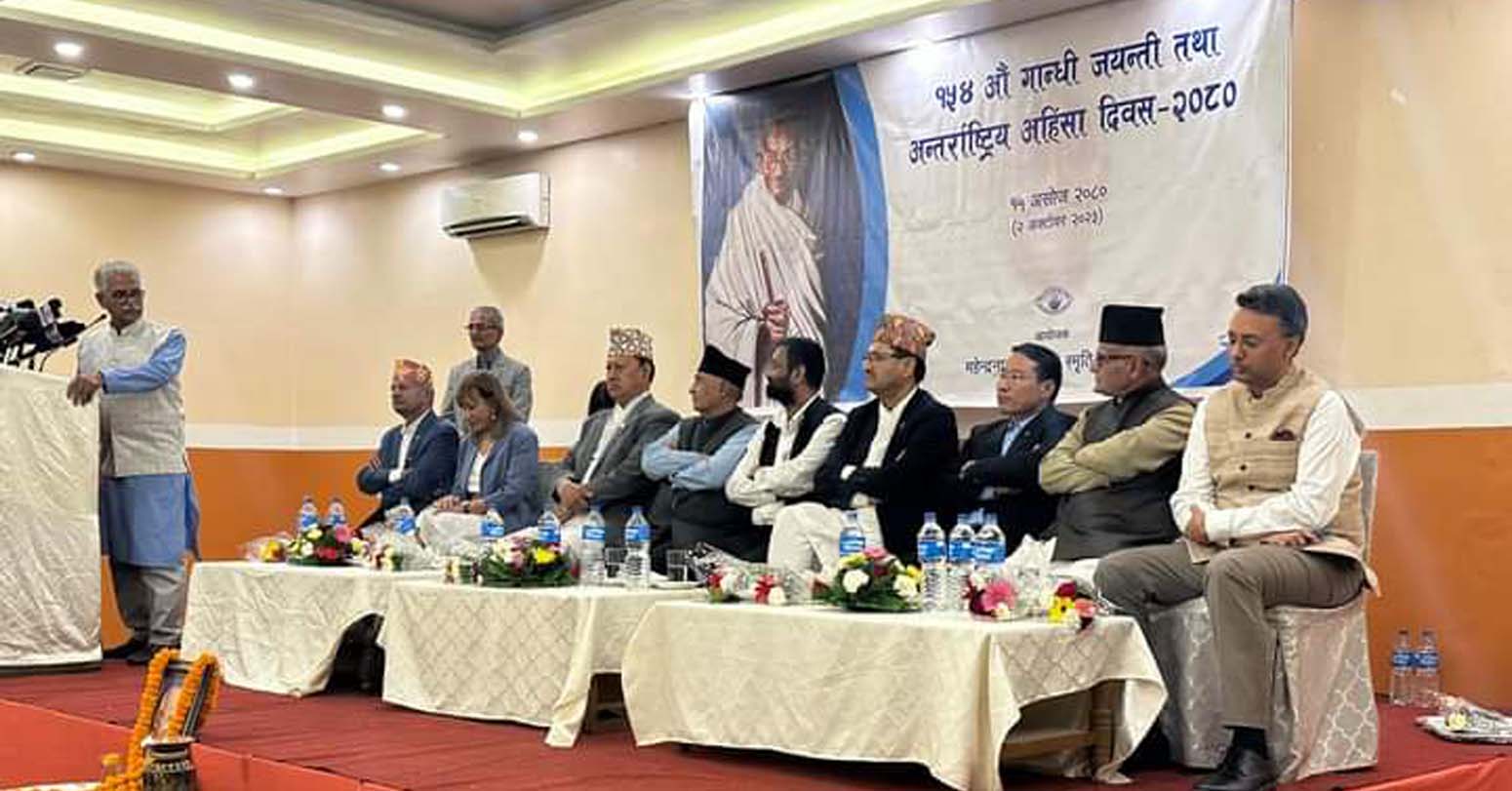

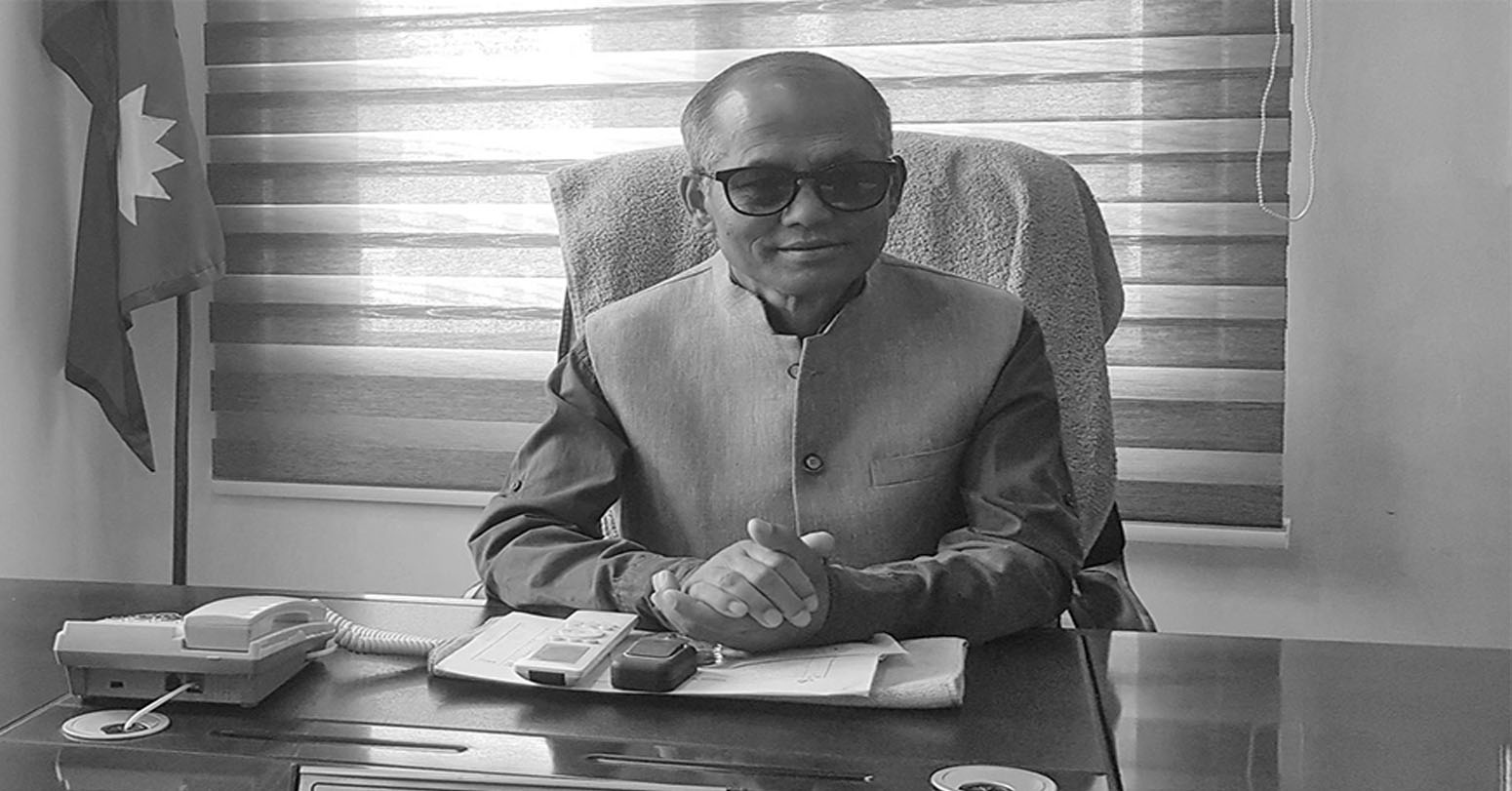


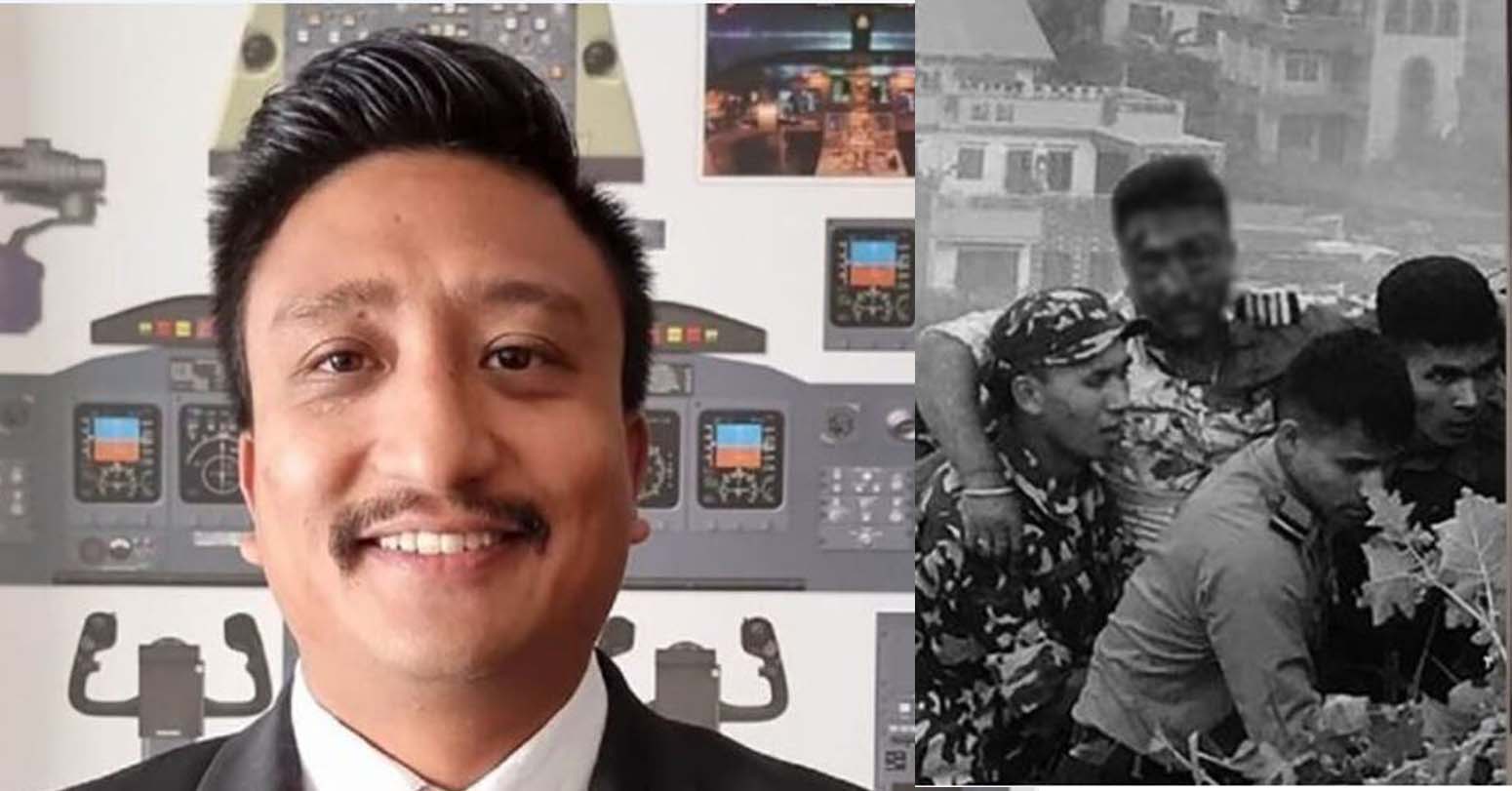
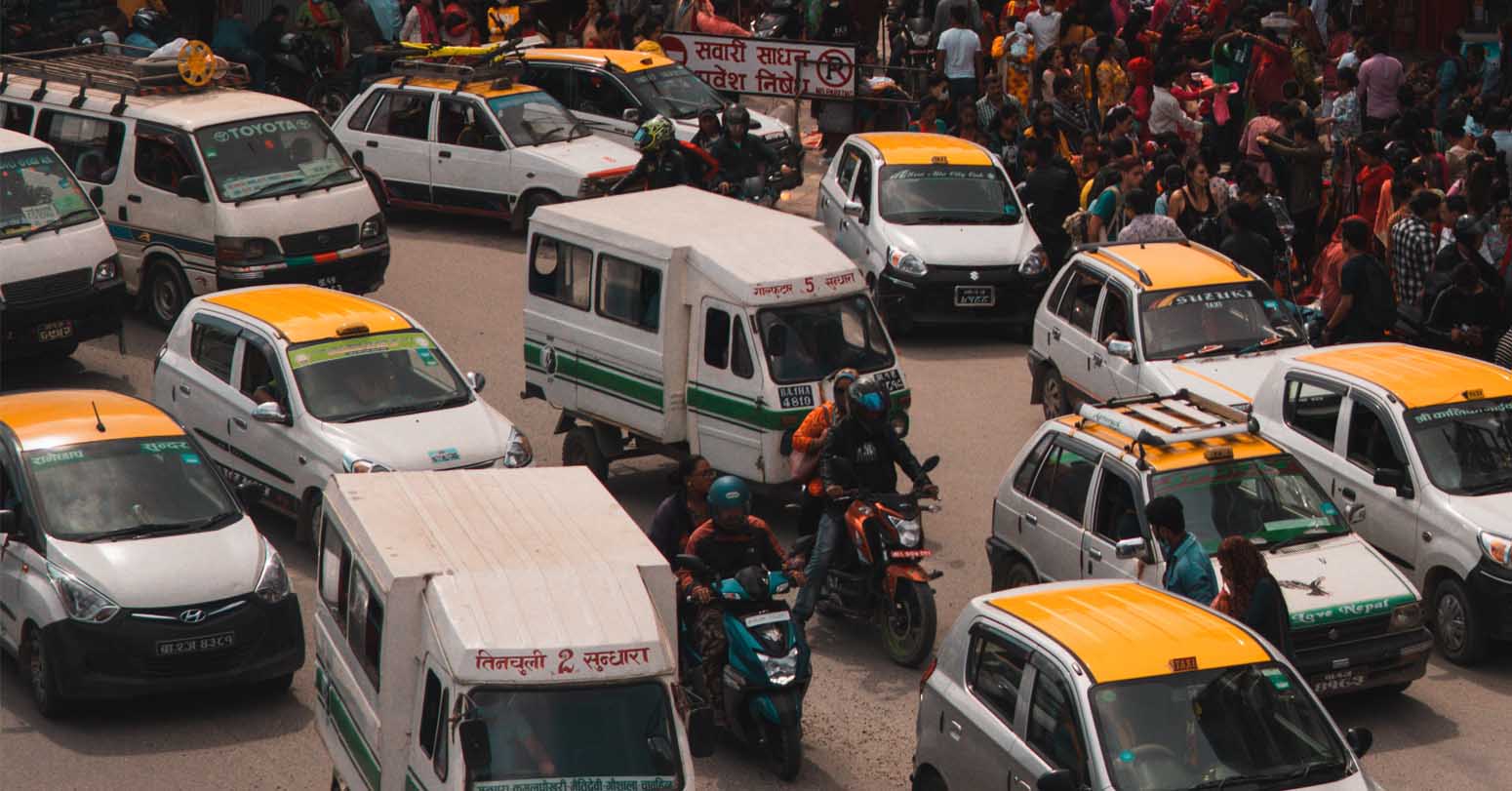
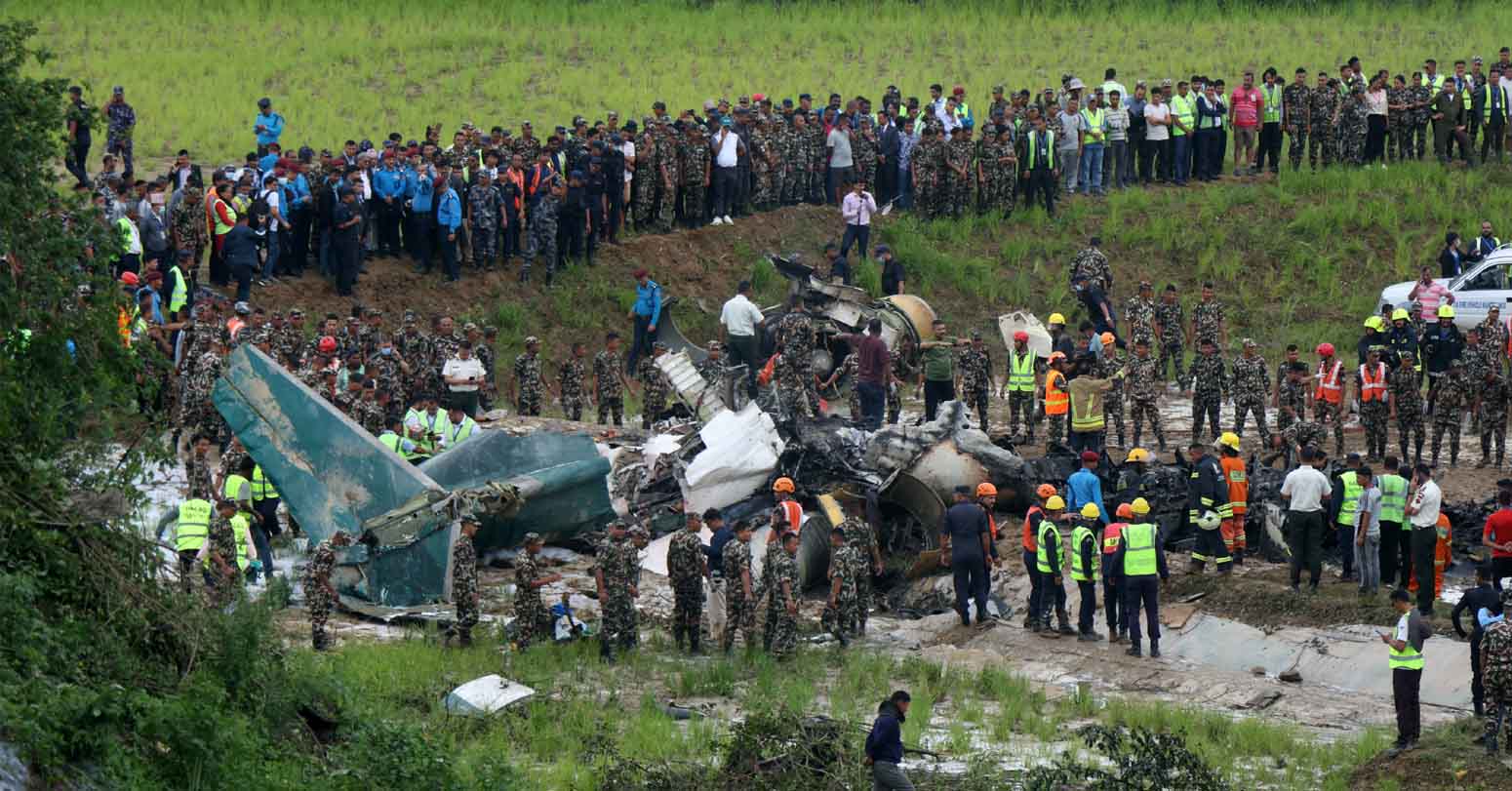
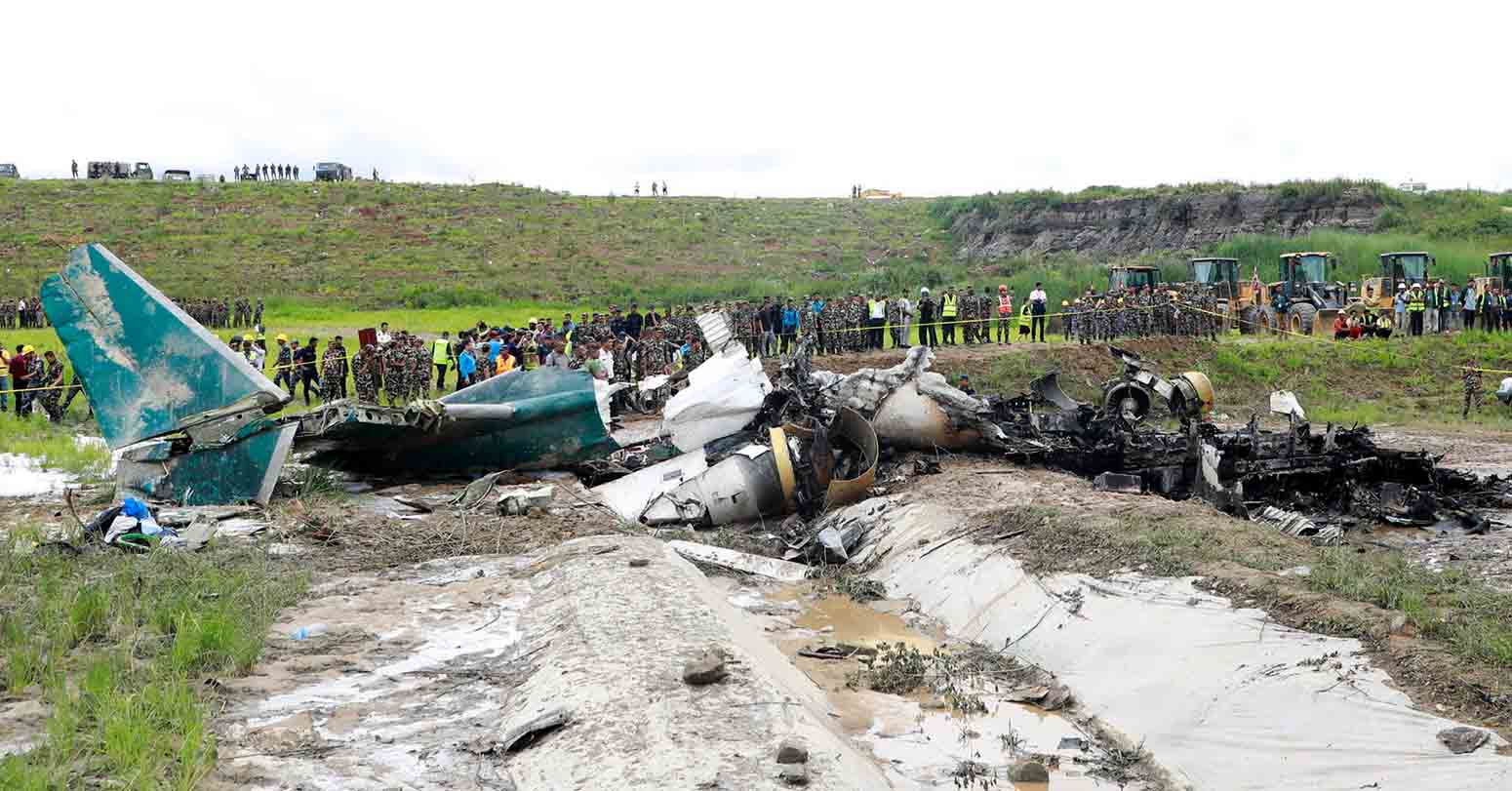
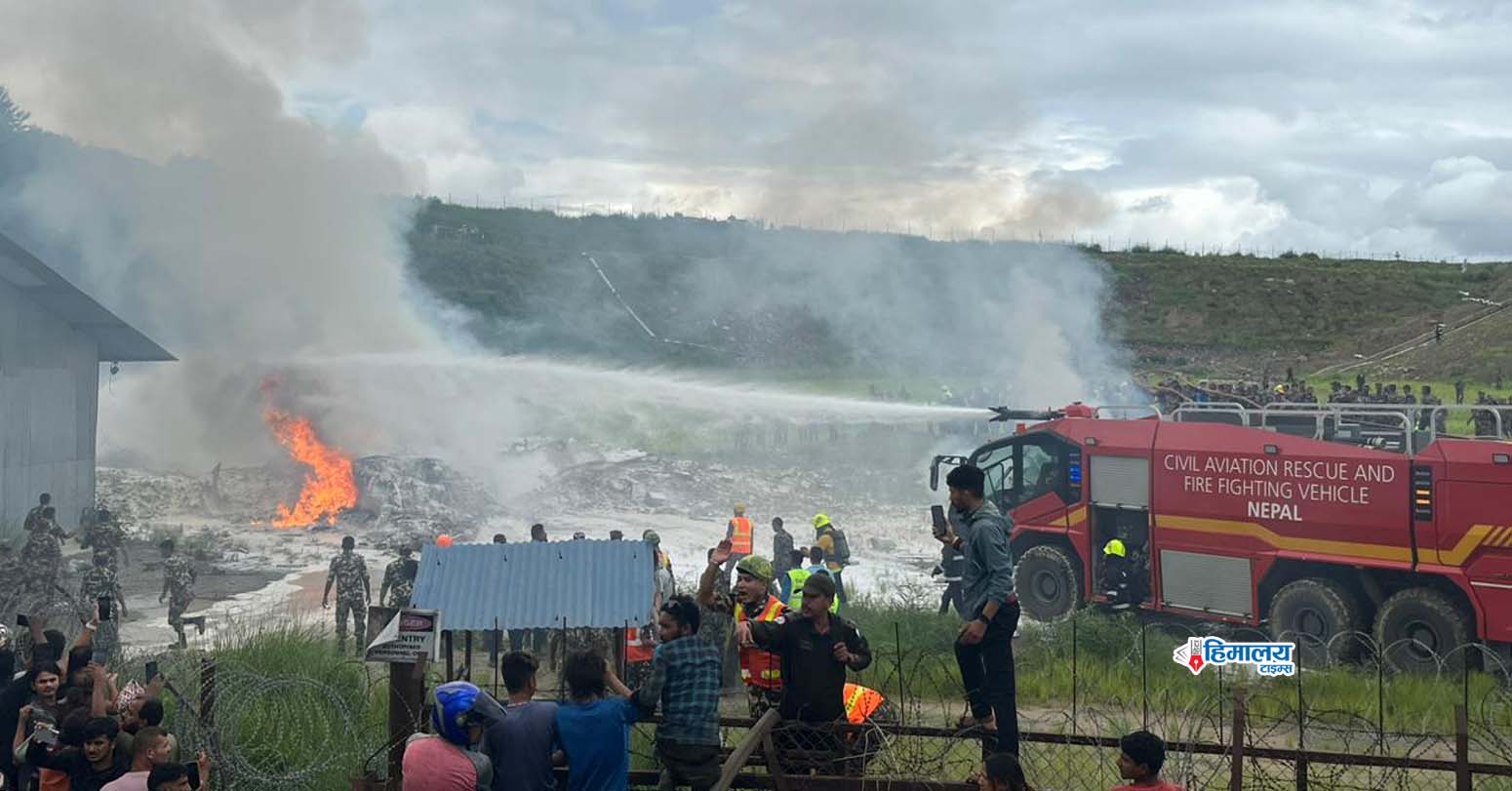
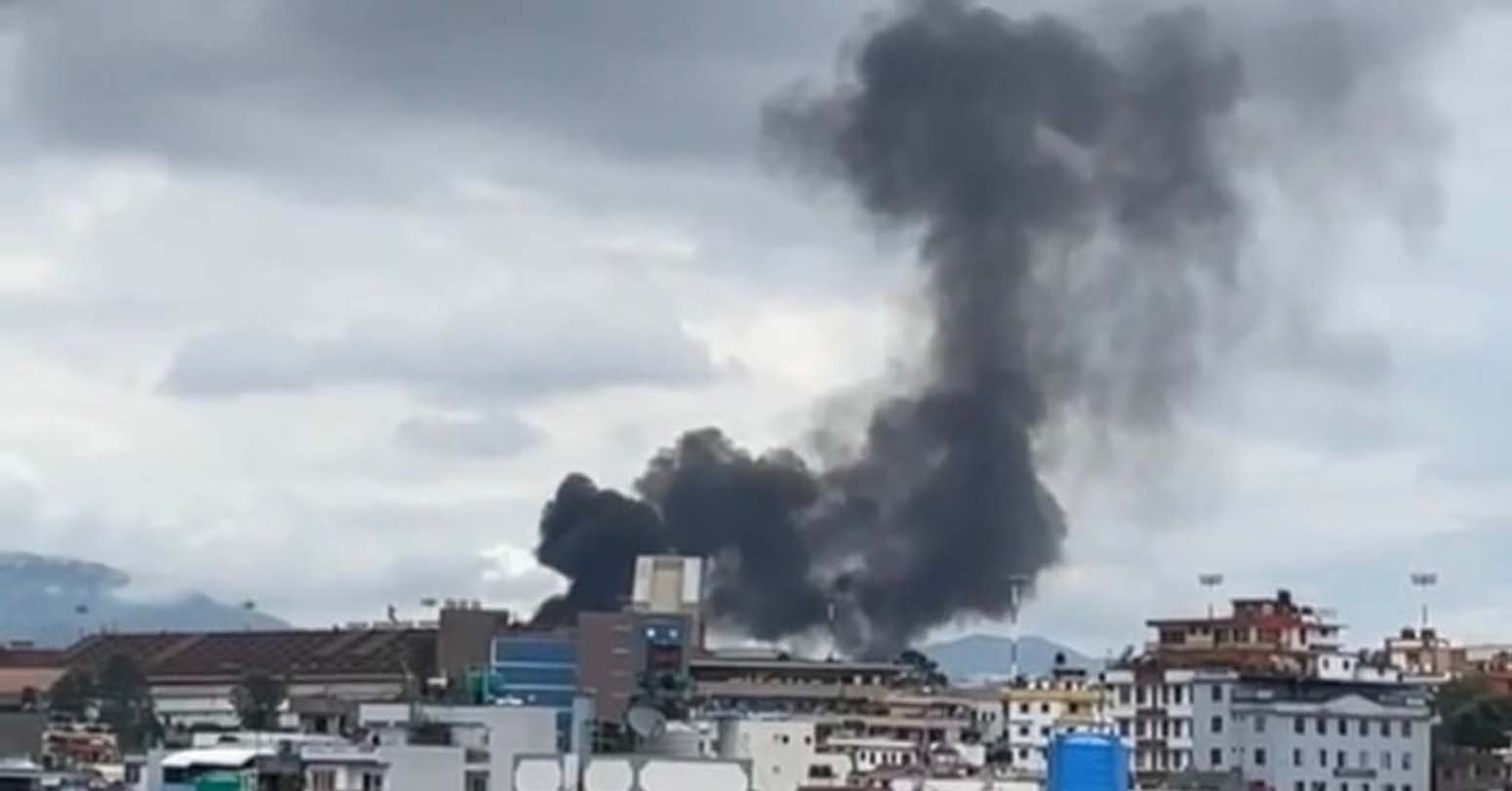

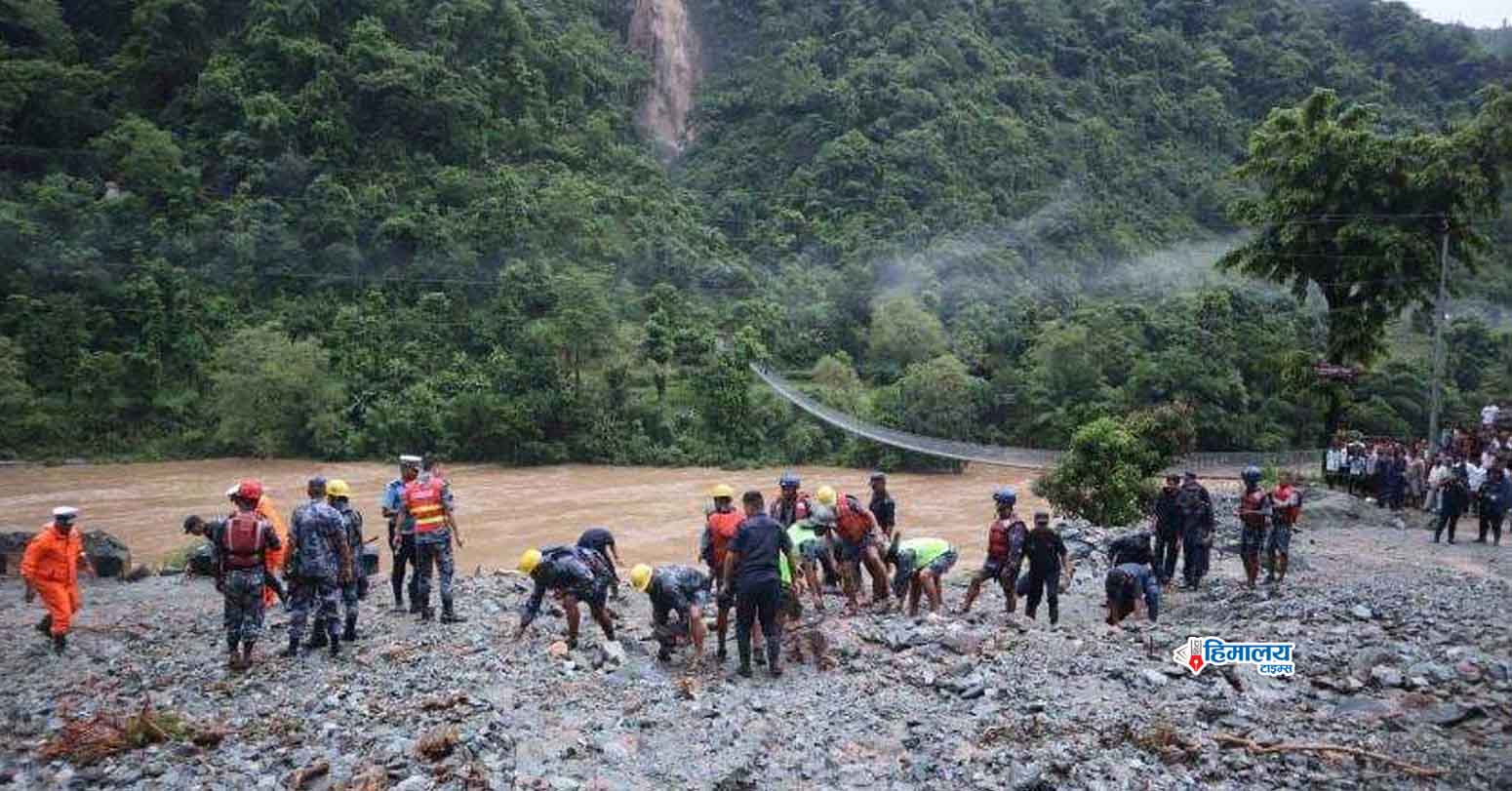
Comprehensive Data Protection Law Critically
Gender Differences In Mental Healthcare
Messi Wins Best FIFA Men’s
Erosion of Democracy
Fly Dubai Catches Fire in
“Complexities of the South Asian